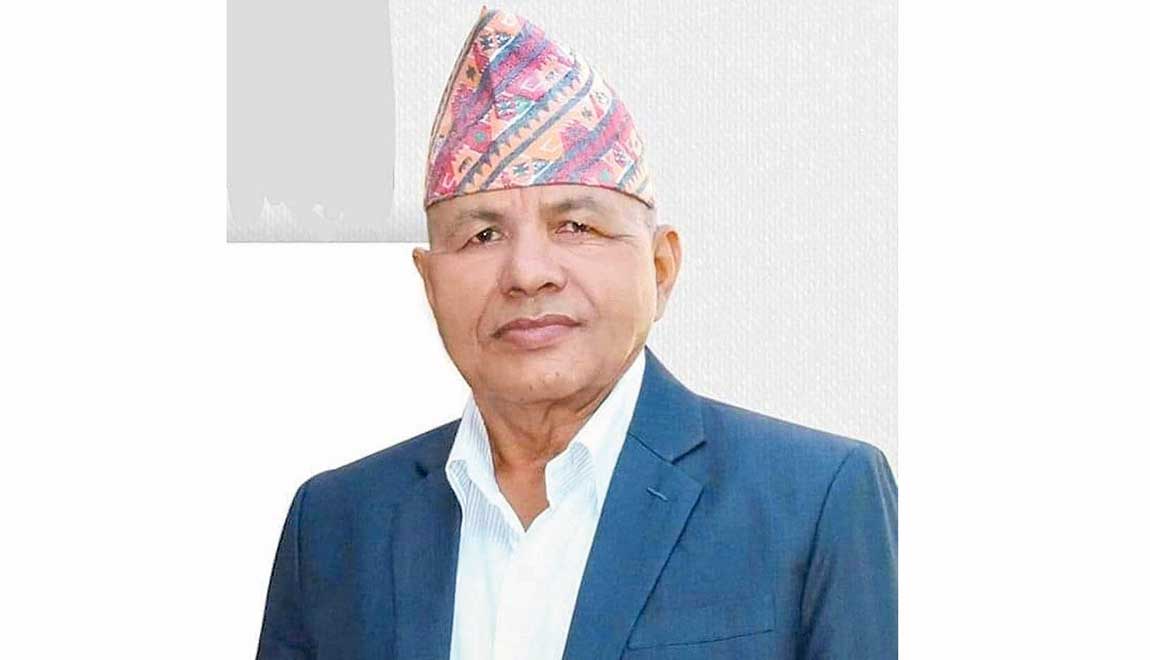RSP’s Wagle leading by 5, 395 votes in Tanahun-1
Rastriya Swatantra Party candidate Swarnim Wagle is leading the vote count in Tanahun-1. Out of 16, 342 votes counted so far, Wagle has secured 9, 198 votes while Govinda Bhattarai of Nepali Congress and Sarbendra Khanal of CPN-UML have secured 3, 803 votes and 2, 430 votes respectively. RSP’s Wagle is leading the vote count by 5, 395 votes.
Voting suspended at Naya Kiran Secondary School polling center in Chitwan
The voting has been suspended at a polling center in Chitwan-2. It has been learnt that the voting was suspended at the Naya Kiran Secondary School polling center in Bharatpur Metropolitan City 11. The voting had to be stopped as the leaders and cadres of rival political parties protested, saying supporters of Rastriya Swatantra Party's candidate Rabi Lamichhane chanted slogans as he turned to the polling booth. Voting was taking place at seven centers in this polling station. Discussion to resume the voting is underway, said Ishwori Acharya, Assistant Election Officer at the Office of the Chief Returning Officer. Representatives of various political parties have accused the Rastriya Swatantra Party candidate of violating the election code of conduct by carrying out sloganeering.
PM directs for drafting law to promote home-manufactured motor vehicles
Prime Minister Pushpa Kamal Dahal has stressed on the need of drafting a law for the registration of vehicles manufactured within the country. During his meeting with Chief Secretary Shanker Das Bairagi today, the Prime Minister asked him to prepare a law ensuring the registration of home-manufactured vehicles and adopt a policy for promoting the Nepali products. Prime Minister Dahal said that his attention has been drawn to media concerns over the absence of provision of registering motor vehicles manufactured within the country. Following the PM's direction, the Chief Secretary talked to Secretary at the Ministry of Industry, Commerce and Supplies Madhu Marasini and asked him to prepare a draft of the law regarding the registration and promotion of motor vehicles produced within the country and present it before the House.
EC seeks 24-hour clarification from Madhesh Province CM Yadav
In view of the ongoing by-election of the House of Representatives (HoR), the Election Commission (EC) has sought clarification from Madhesh Province Chief Minister Saroj Kumar Yadav for violating the election code of conduct. The EC said that the Chief Minister's visit to the Pacharauta Municipality was against the election code of conduct when the House of Representatives (HoR) by-election was underway in the Bara electoral constituency-2. It is said the Chief Minister's visit was not permitted by the EC and it is capable of adversely affecting the impartiality of the election In the 24-hour clarification, the Chief Minister was asked to challenge whether the vehicle he used during the visit had a white number plate and security arrangements for the visit were managed by the government level, whether his move was proper to his post and violated the election code of conduct and whether he deserved the action in accordance with the Election Commission Act, 2079 BS for the violation of Code of Conduct, according to EC Under Secretary Kamal Gyawali.



















